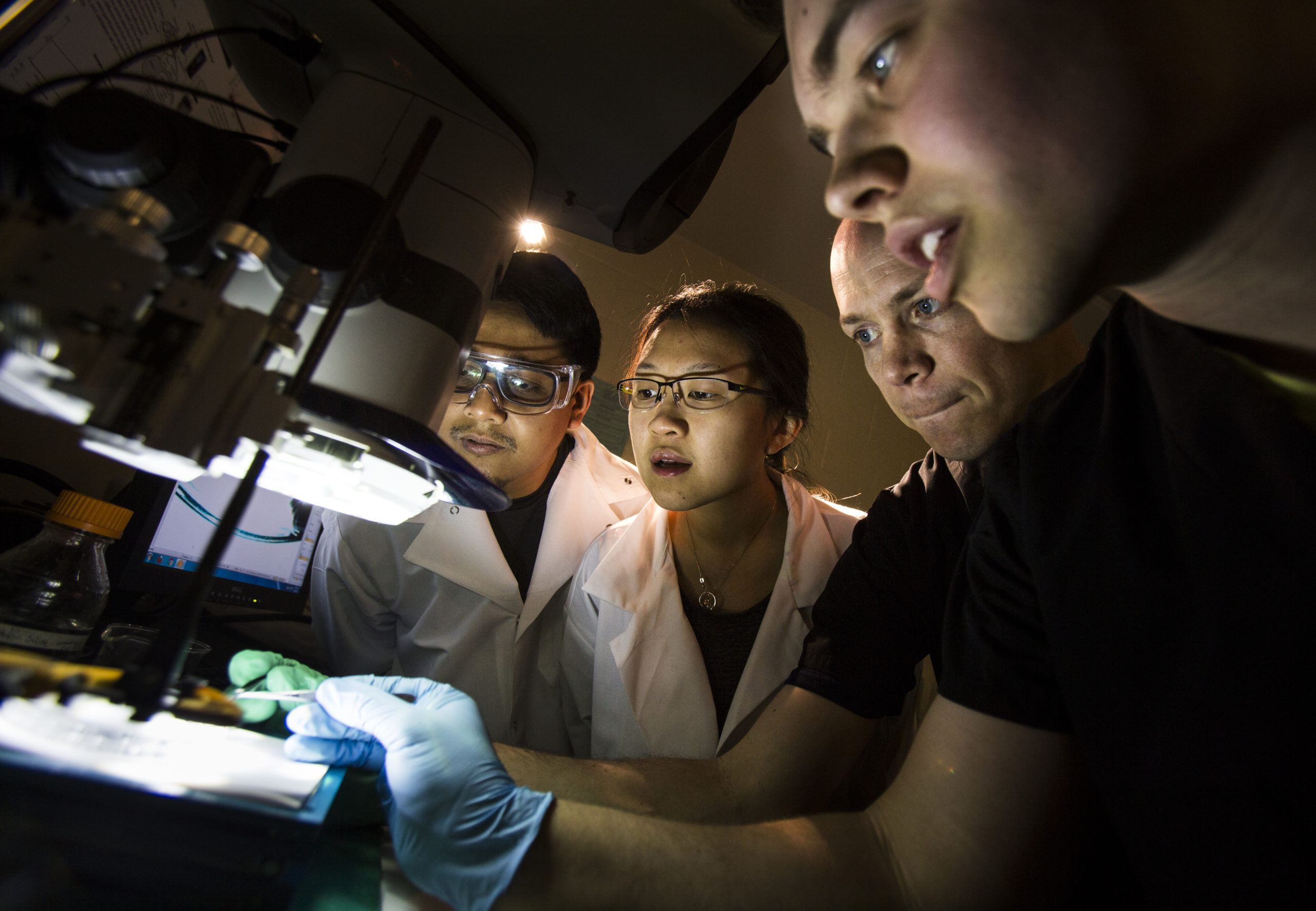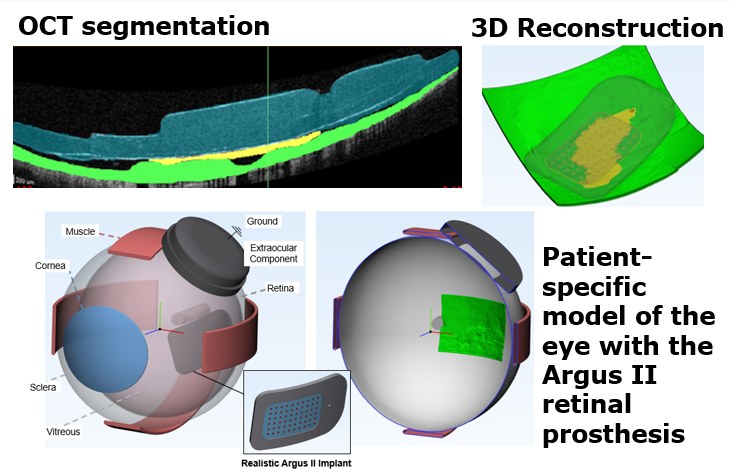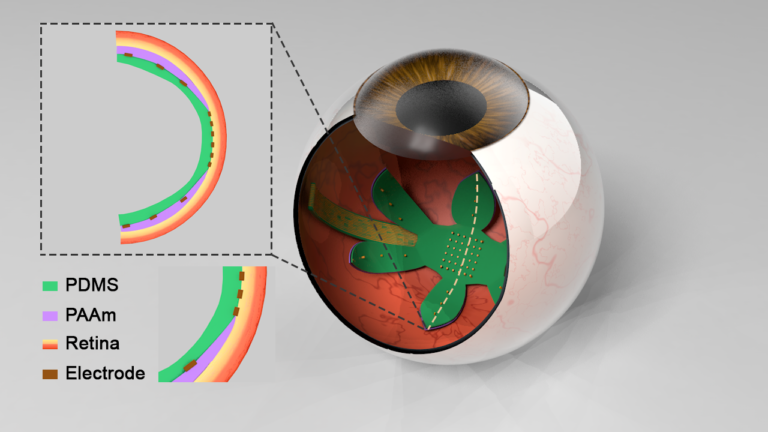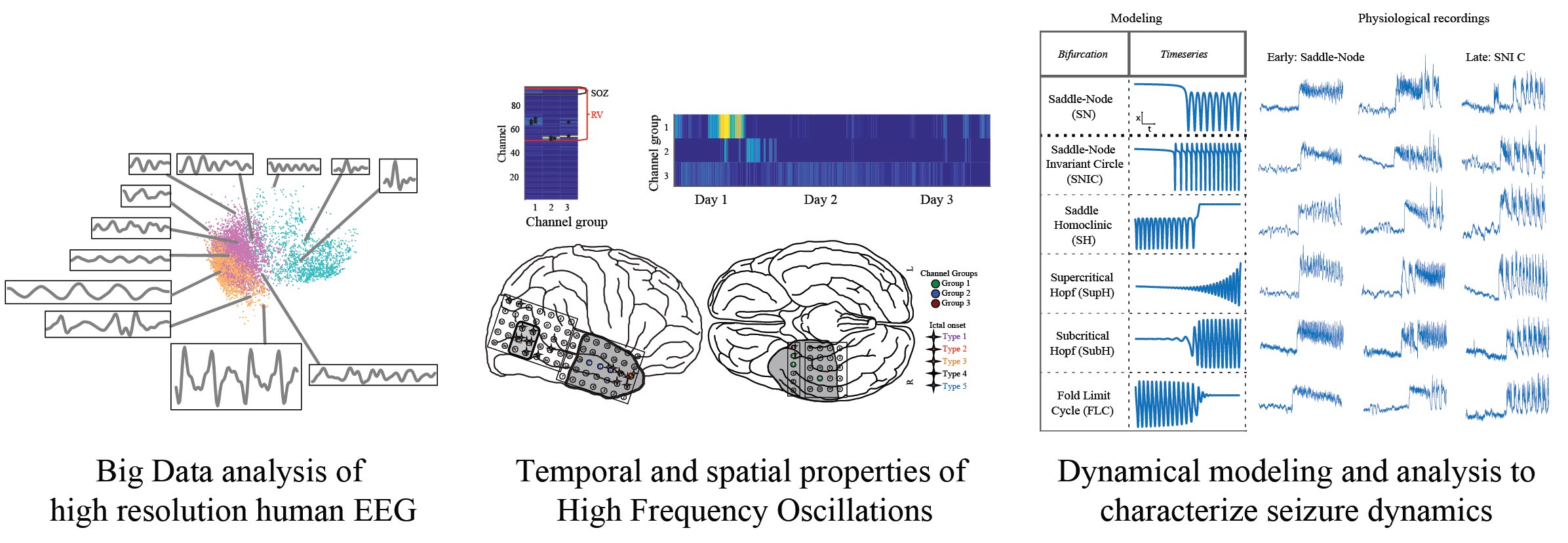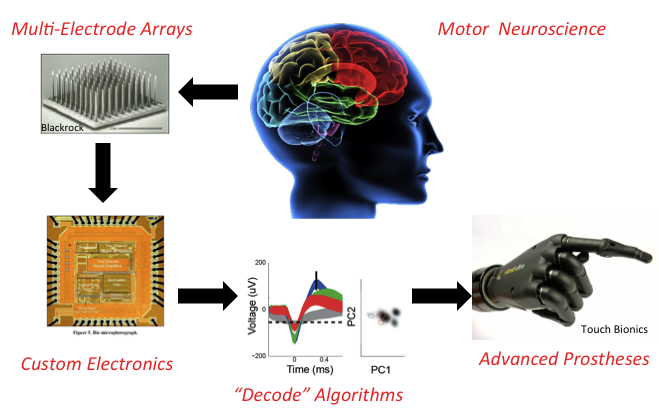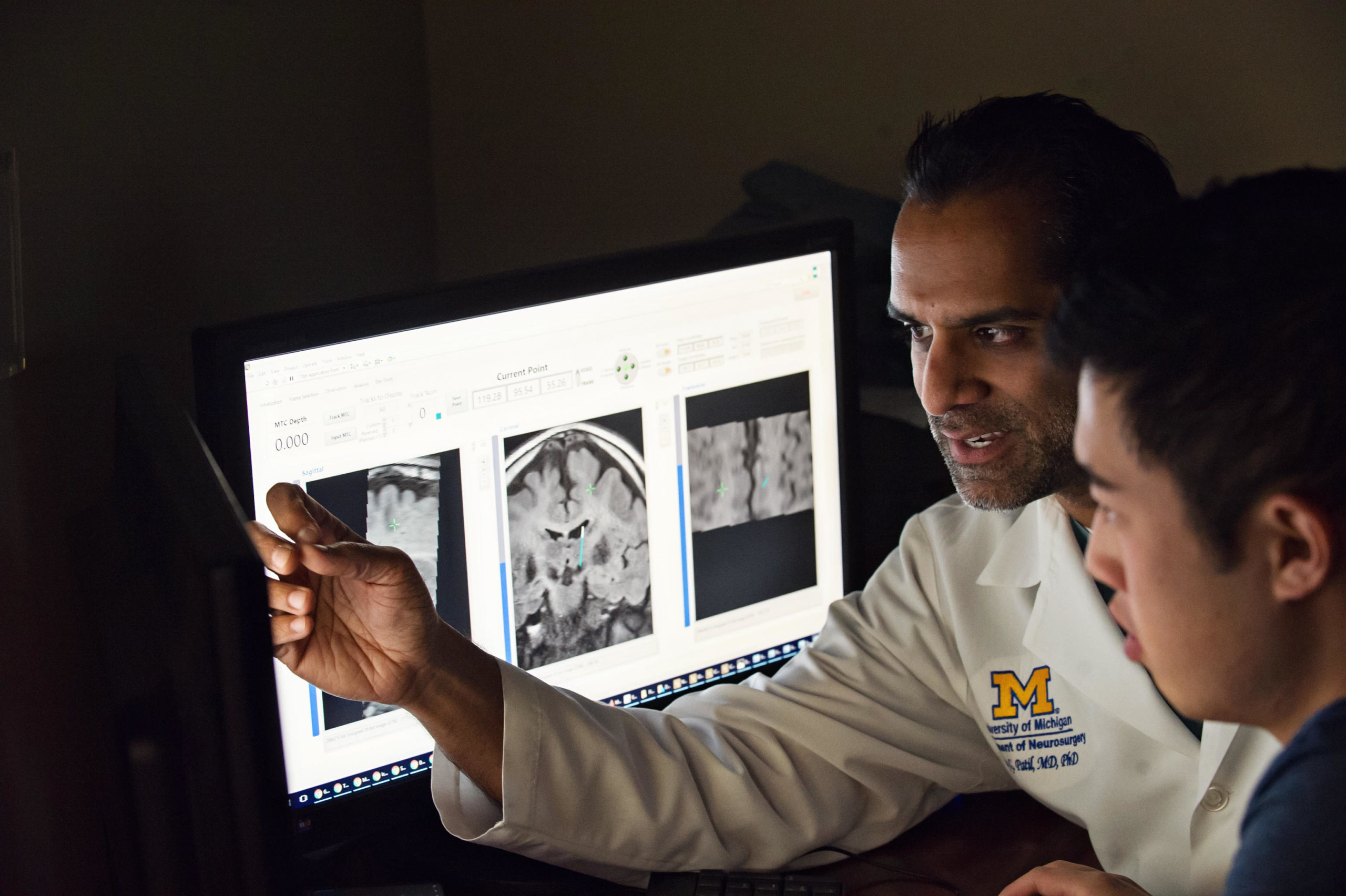NETP provides comprehensive and innovative training opportunities. To enhance their graduate school experience, trainees participate in a wide array of activities.
Read more….
The field of neural engineering continues to expand, with concomitant industrial growth. However, challenges remain that, lacking solutions, will limit the effectiveness of medical devices that restore lost neural function. Unreliable neural interfaces cause an information bottleneck between electronics and the nervous system. Novel materials and microsystems will partially address this issue, but rigorous analysis of the biological response to implantation is also necessary to design systems with seamless bidirectional bioelectronics. Neural data analysis challenges are similarly daunting, and the explosion of artificial intelligence methodology must be applied to these problems not haphazardly, but with understanding of basic AI principles. Neuromodulation systems for epilepsy (cortex), movement disorders (mid-brain), and pain (spinal cord) are effective, but the basic mechanisms of action are unclear and off-target stimulation can create unwanted side effects. Today’s neural prostheses systems restore function to some degree, but often are unnatural or difficult to use. Peripheral nerve interfaces for control of prosthetic limbs or treatment of disease (bioelectronic medicine) face significant challenges when considering the translation to clinical use, including targeting specific fibers within a nerve bundle and determining a viable biomarker for proper dosing of electrical stimulation. Combining regenerative medicine with bioelectronic systems offers the benefit of designing both the biological and electronic parts of the neural interface.
By training scientists with strong technical skills and understanding of the translational process, NETP will create leaders of the 21st century neural engineering workforce who possess the tools to address these formidable challenges.

